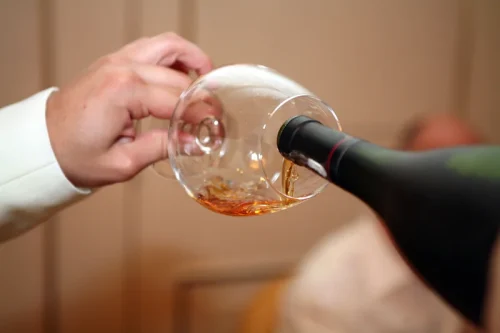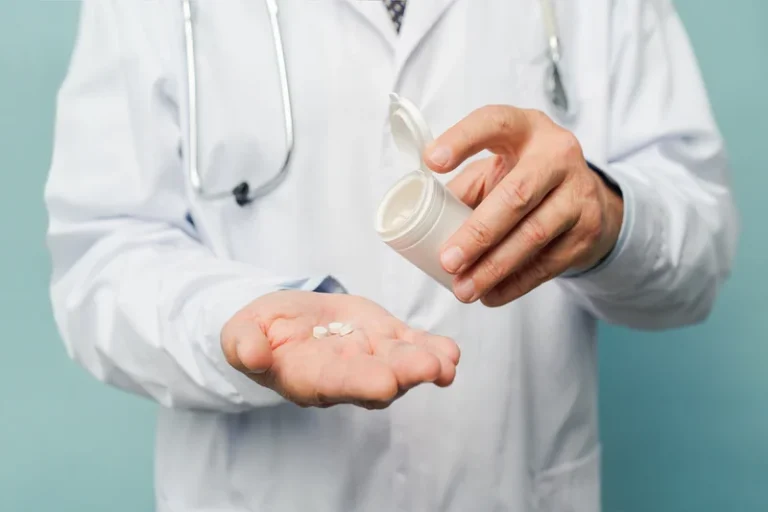
People who are addicted develop a physical and psychological reliance on a substance that leads them to go to extreme lengths to continue taking it. If you find yourself struggling to control your alcohol or drug use, you’re not alone. Whether it’s prescription medications, smoking, or illicit street drugs, it can be difficult to manage your substance use and to know whether you’re heading towards addiction. If you believe you have an addiction, it’s never too late to look for help. Working with a health care professional will allow you to explore the options to treat your addiction. We know opioids, for example, can be highly addictive, and https://ecosoberhouse.com/article/how-long-does-mdma-stay-in-your-system/ that addiction can develop quickly.
Substance dependence and abuse
- Enter your phone number below to receive a free and confidential call from a treatment provider.
- It should not be used in place of the advice of your physician or other qualified healthcare provider.
- For instance, someone who once felt intoxicated after a few beers might now require a 12-pack to achieve similar effects.
- The medications and treatment program recommended will be based on each individual’s situation.
- Today, the APA classifies substance use disorders as mild, moderate, or severe.
The neurochemical changes not only fuel the compulsive nature of addiction but also make recovery a complex and challenging process. At first, starting this behavior is an extra activity, but as the user becomes more dependent on the high, it can turn into the main activity. This is where dependency can turn into full-blown addiction—when substance abuse becomes the all-encompassing main priority. Many patients are often confused as to how they can be dependent on a drug, such as an opioid, but not be addicted to it. The distinction is essential for patients and caregivers to understand. This is why recent evidence-based literature clearly defines the difference between addiction and physical dependence in drug use.
Clinical experience of baclofen in alcohol dependence: A chart review

Recovery is not just about eliminating alcohol or drugs; it is also about adding healthier things to one’s life. Cultivating new ways to handle stress and regulate one’s emotions is essential for long-term recovery. As the medical and scientific discussion on these terms has progressed in recent years, both are now considered as part of a larger grouping; that of substance use disorder. Calls to our general hotline may be answered by private treatment providers. We may be paid a fee for marketing or advertising by organizations that can assist with treating people with substance use disorders.
- Addictive disorders are highly treatable, and treatment at an inpatient or outpatient rehab can greatly increase the likelihood of long-term sobriety.
- The purposeful use of the term “Addictive Disorders” in the naming of this chapter was primarily due to the addition of “gambling disorder” to the DSM, a non-substance-related disorder.
- Most patients require long-term treatment, which can include medications, therapy, and residential programs.
The Difference between Dependence and Addiction
When you’re ready to recover, it may help to differentiate between the physiological and psychological aspects of what you’re going through. Doing this empowers you and your care team to choose the most effective types of treatment. Recognizing the differences between dependence and addiction is crucial for tailoring effective treatment and recovery strategies. When addiction to a substance develops, it is called substance use disorder. But because the body has adapted to its presence, a person may experience negative effects if they lower the dosage or stop taking it altogether.
More on Substance Abuse and Addiction
For example, opioid withdrawal may cause anxiety and insomnia, while opioid intoxication typically leads to calmness and drowsiness. Withdrawal symptoms can also trigger intense cravings for the substance, which may lead individuals to resume use to alleviate the symptoms and delay the withdrawal process. According to these guidelines, the presence of two or three symptoms suggests a mild substance use disorder, while four or five symptoms indicate a moderate disorder. If a person exhibits six or more symptoms, it is classified as a severe substance use disorder, commonly referred to as addiction. Psychological addiction, on the other hand, focuses on the mental and emotional aspects of reliance on a substance.


Like your brain, your body can quickly get used to any drugs8 you take. If you use a drug often, you’ll need higher doses to feel the same effects. For example, it takes just 2-3 doses of opioids9 for some people to develop a tolerance. However, other forms of drug dependence can cause significant withdrawal symptoms.
It’s characterized by compulsive drug-seeking behavior, loss of control over use, and continued use despite negative consequences. It’s like if your car not only needed gas but also insisted on driving itself to the gas station at all hours, regardless of your schedule or bank balance. On the flip side, we have psychological addiction, the master puppeteer of behavior and cognition.

Other common substances that cause dependence are nicotine and pain relievers, particularly narcotics. addiction vs dependence So unless it is urgent, gradually cutting down on the amount and how often you use it should make it easier. If you were addicted to the substance, just cutting down wouldn’t ordinarily work. Speak with your doctor if you develop a tolerance to your medication or any other substance.
He also sees people who have taken heroin without developing an addiction, yet they can’t seem to stop smoking and give up nicotine. You may assume that certain substances are more addictive than others, and that is partially true, Mr. Kump says. You may wonder whether these folks had an addiction or a dependency on their drug of choice.

